

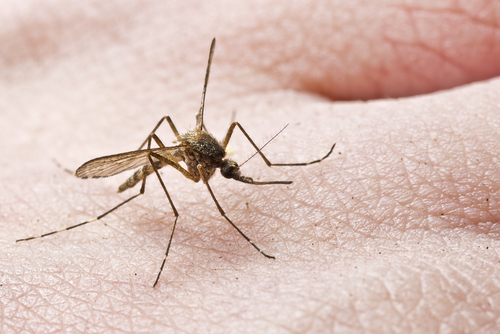
Effectively Managing Mosquitoes in Singapore Practical Control Methods
Effectively Managing Mosquitoes in Singapore: Practical Control Methods. Singapore, with its tropical climate, is a hotspot for mosquitoes, making mosquito control a crucial aspect of public health and well-being.
The presence of mosquitoes is not just a nuisance but a serious health concern due to the diseases they spread.
This article explores various methods for controlling mosquitoes in Singapore, aiming to provide residents and authorities with effective strategies to tackle this persistent issue.
Table of Contents
Singapore is home to several mosquito species, but Aedes aegypti and Aedes albopictus are the primary vectors for diseases like dengue fever and Zika virus.
Understanding the breeding habits and life cycles of these mosquitoes is fundamental to controlling their populations.
Mosquito-borne diseases pose significant health risks. Dengue fever, for instance, has seen recurrent outbreaks in Singapore, emphasizing the need for effective mosquito management strategies.
The tropical climate of Singapore provides an ideal environment for mosquitoes to thrive year-round. High humidity and regular rainfall create perfect breeding grounds, challenging the effectiveness of control measures.
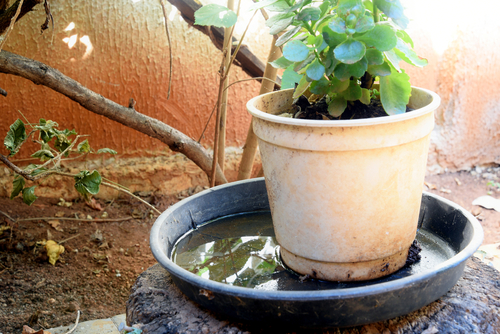
Eliminating potential breeding sites is a primary method of mosquito control. Source reduction involves removing stagnant water from containers, gutters, and drains, which are common breeding sites for mosquitoes.
Regular maintenance and cleanup of outdoor areas and green spaces are vital to prevent the creation of habitats conducive to mosquito breeding.
This includes proper disposal of waste and ensuring that water does not accumulate in outdoor containers.
Community involvement in maintaining clean environments is crucial. Residents are encouraged to regularly check their premises for potential breeding sites and to take corrective actions promptly.
Introducing natural predators of mosquitoes, such as certain fish species and dragonflies, into ponds and water features can help reduce mosquito larvae populations.
Biological larvicides, including bacterial agents like Bacillus thuringiensis israelensis (Bti), target mosquito larvae without harming other wildlife. These are applied in breeding sites to prevent larvae from maturing into adults.
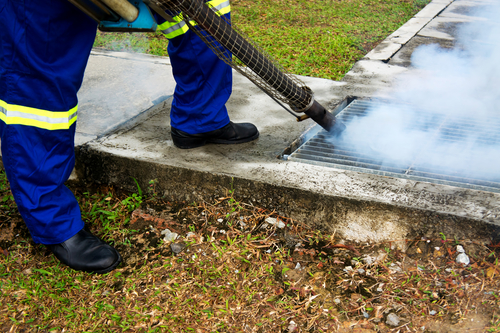
Chemical control involves the use of larvicides and adulticides in strategic locations. While effective, their use must be carefully managed to minimize environmental impact and prevent the development of resistance among mosquito populations.
An IPM approach combines chemical and non-chemical methods to control mosquito populations effectively while reducing reliance on harmful pesticides. This approach ensures a more sustainable and environmentally friendly strategy for mosquito control.
Chemical treatments are most effective when applied judiciously, targeting areas with high mosquito activity while avoiding overuse to protect non-target species and minimize environmental damage.
Personal protection is a key component of mosquito control. This includes using insect repellents containing DEET or picaridin, which are effective at deterring mosquito bites.
Wearing long sleeves and pants, especially during peak mosquito activity times, can provide additional protection against bites. Mosquito nets are also recommended for protecting sleeping areas.
Making simple modifications to one’s living environment, such as installing window screens and using air conditioning, can reduce indoor mosquito populations and exposure to bites.
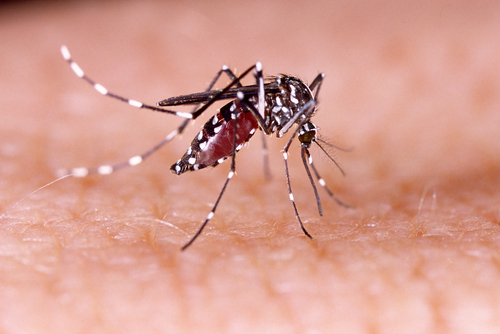
Public awareness and education are critical in the fight against mosquitoes. Campaigns that inform the public about mosquito breeding habits, disease risks, and prevention methods can empower individuals to take proactive measures.
Encouraging community involvement in reporting and monitoring potential breeding sites helps authorities to respond more quickly and effectively to mosquito infestations.
Outreach programs and resources provided by health and environmental agencies can greatly enhance community knowledge and participation in mosquito control efforts.
Ongoing challenges such as rapid urbanization and climate change complicate mosquito control efforts.
These factors can increase breeding sites and extend the breeding season, necessitating adaptive and innovative control strategies.
Research into new technologies, including genetically modified mosquitoes and novel insecticides, offers hope for more effective and sustainable mosquito management solutions.

Our team comprises highly trained professionals with extensive knowledge in entomology and pest control strategies.
With years of experience in managing mosquito populations in Singapore’s unique climate, we bring a level of expertise that ensures effective and efficient solutions tailored to the specific challenges and needs of the region.
We leverage the latest in pest control technology and research to offer innovative solutions that are not only effective but also environmentally sustainable.
From biological control measures that utilize natural predators to state-of-the-art chemical treatments with minimal environmental impact, our methods are at the forefront of pest control innovation.
Our approach to mosquito control is grounded in Integrated Pest Management (IPM) principles, emphasizing the use of a combination of methods to achieve long-term control.
This includes source reduction, habitat management, biological controls, and the judicious use of chemicals, ensuring a comprehensive strategy that addresses the mosquito problem at its source.
Understanding that every client’s needs are unique, we offer customized pest control plans tailored to the specific circumstances and requirements of each property.
Whether it’s residential areas, commercial spaces, or public green spaces, we assess the situation and devise a plan that targets the problem effectively, taking into account the local environment and ecosystem.
The health and safety of our clients and the environment are our top priorities. All our pest control methods and products are approved by relevant authorities and adhere to the strictest safety and health standards. We ensure that our treatments are safe for humans, pets, and non-target species, minimizing any potential risks.
Our commitment to customer satisfaction is reflected in our responsive and reliable service. We understand the urgency of mosquito control, especially during peak breeding seasons or in the wake of disease outbreaks. Our team is equipped to provide swift and effective interventions, ensuring peace of mind for our clients.
Our service doesn’t end with the initial treatment. We offer ongoing support and monitoring to ensure that mosquito populations remain under control. Regular inspections, follow-up treatments, and continuous assessments allow us to adapt our strategies as needed, providing lasting protection against mosquitoes.
Our success in mosquito control is evidenced by our strong track record of satisfied clients and effective outcomes.
We have played a significant role in reducing mosquito populations and the incidence of mosquito-borne diseases in the areas we serve, demonstrating our capability and dedication to public health.
Choosing our pest control company means partnering with a leader in mosquito management, committed to delivering effective, sustainable, and safe solutions.
Our comprehensive approach, combined with our expertise and dedication to community well-being, makes us the ideal choice for those seeking to protect themselves and their environments from the threat of mosquitoes in Singapore.
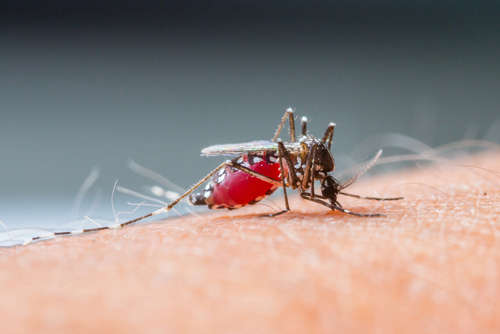
Effectively managing mosquitoes in Singapore requires a multifaceted approach that includes source reduction, biological and chemical control methods, personal protection, community engagement, and government initiatives.
By understanding the challenges and adopting a comprehensive strategy, we can protect public health and well-being, reducing the impact of mosquito-borne diseases.
It is a collective effort that demands participation from all sectors of society to create a safer, healthier environment for all, take action today!
Are you seeking professional and reliable pest control services in Singapore? Contact us today!